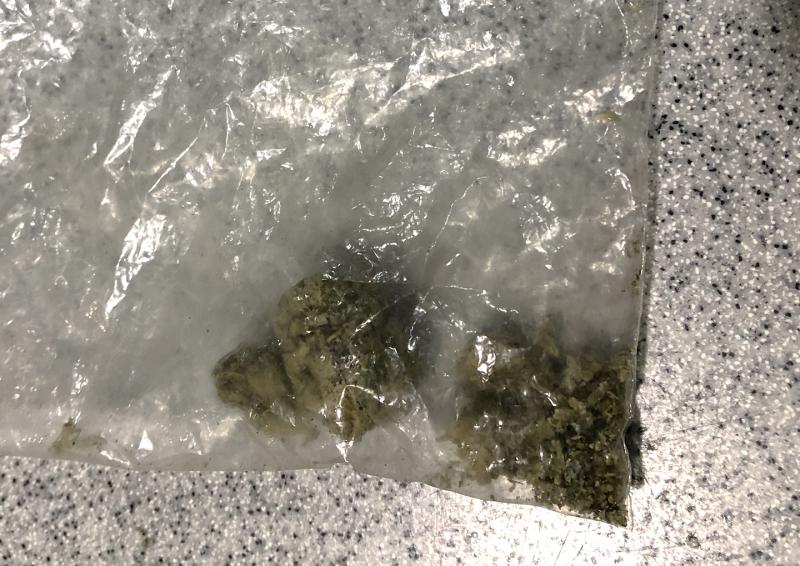Baltimore, Maryland - U.S. Customs and Border Protection (CBP) reminds travelers that marijuana possession remains illegal according to federal law and international travelers should expect to pay a hefty penalty if caught. One Global Entry member learned that lesson on Wednesday at Baltimore Washington International Thurgood Marshall Airport (BWI).

A 40-year-old U.S. woman, who arrived on a flight from Punta Cana, Dominican Republic, departed CBP’s inspection station before her baggage arrived. An airline representative delivered the woman’s baggage to CBP’s secondary examination area. The passenger then returned from a BWI domestic departure gate to claim her baggage. CBP officers examined her baggage and discovered nearly two grams of marijuana, a pipe, and a grinder.
CBP officers assessed the traveler a $500 Zero Tolerance penalty and revoked her Global Entry membership.
CBP is not identifying the woman because she was not criminally charged.
Global Entry allows expedited clearance for pre-approved, low-risk travelers upon arrival in the United States. CBP randomly inspects trusted travelers to ensure continued compliance with the programs’ terms and conditions. Violations will result in the appropriate enforcement action and termination of the traveler’s membership privileges.
“Travelers need to know that Customs and Border Protection Ports of Entry are federal inspection stations, and federal law still prohibits the possession of both medical and recreational use marijuana,” said Keith Fleming, Acting Director of Field Operations for CBP’s Baltimore Field Office. “Not only did this traveler violate federal law, but she also violated the significant trust we place in Global Entry members to comply with our nation’s laws and consequently lost her expedited admissions privilege.”
Though some states have decriminalized marijuana possession or use, the sale, possession, production, distribution or the facilitation of the aforementioned of both medical and recreational marijuana remains illegal under U.S. federal law. As federal law prohibits the importation and exportation of marijuana, crossing the international border or arriving at a U.S. port of entry with marijuana may result in seizure, fines, and/or arrest, and may impact a foreign national’s admissibility.
CBP seized an average of 3,677 pounds of dangerous drugs every day across the United States last year. Learn more about what CBP accomplished during “A Typical Day” in 2020.